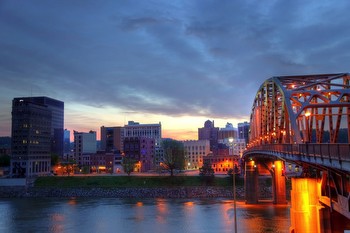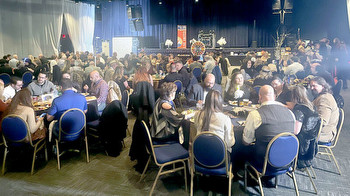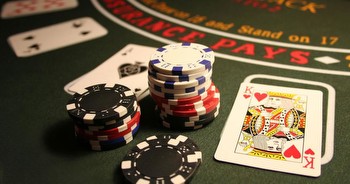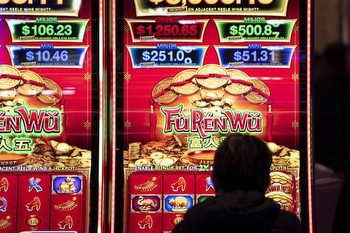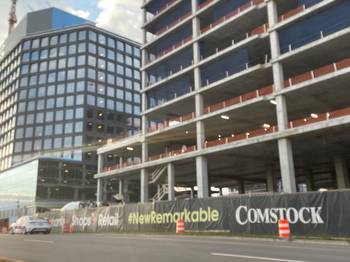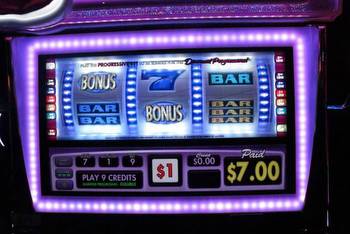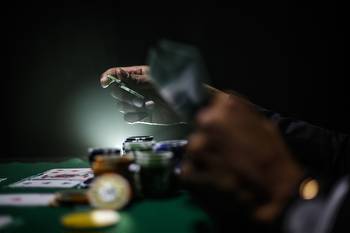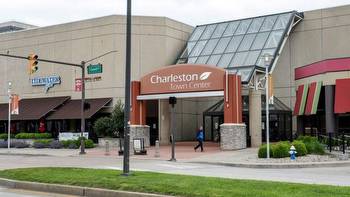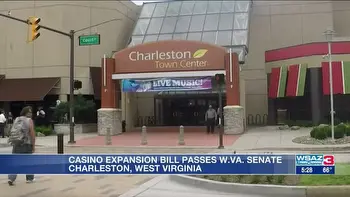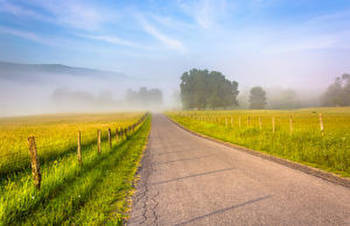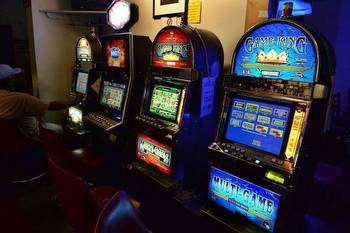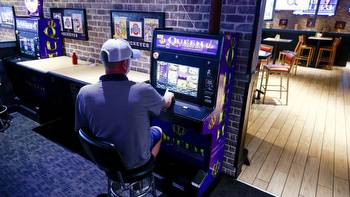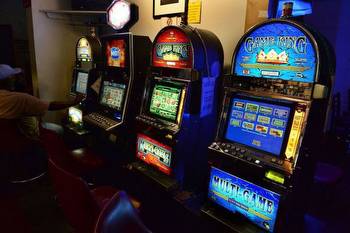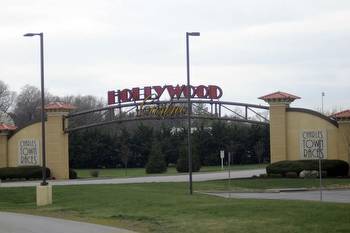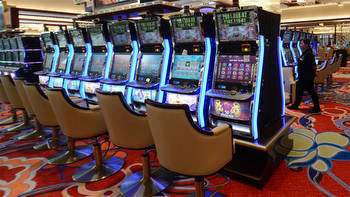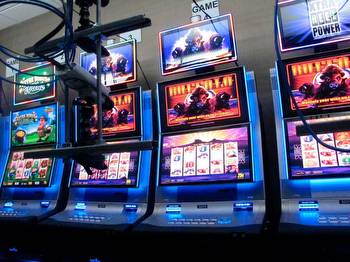Howard Swint: Gambling's corrupt history in WV (Opinion)
Where the Rust Belt meets the Bible Belt in deeply religious West Virginia, candidates for public office do not so much as mention gambling as part of their platform, much less run on it during their political campaigns.
So, why then does the state sanction virtually every game of chance imaginable?
History suggests that a combination of special-interest influence, financial greed and political ambition oftentimes induce lawmakers to not only betray their principles but also corrupt their office, as has been the case in the West Virginia Legislature and the Governor’s Office from very early on.
In 1866, just three years after statehood, an illicit racetrack that eventually would become Wheeling Downs was operating in the Northern Panhandle, where, for decades, safe haven was famously given to crime bosses from Pennsylvania and Ohio.
Not until the repeal of Prohibition in 1933 would legalized gambling become codified with the licensing of the Charles Town Racetrack in Jefferson County, where sullied dignitaries such as J. Edgar Hoover traveled for winter racing.
Situated along the B&O Railroad mainline with a heated grandstand, the racetrack targeted upmarket Baltimore and Washington high-rolling gamblers. However, in the very first week of operation, the facility was exposed to be controlled by an organized crime syndicate.
According to The Washington Post, “the track had its first ‘ringer case’ [a fast horse furtively substituted for a slower one] and the swindler never bothered to claim his horse after cashing his bet.”
Desperate to generate revenue during the Great Depression, West Virginia lawmakers turned a blind eye to, and then subsequently sanctioned, Wheeling Downs in 1937, where widespread illicit gambling activity outside the purview of the licensed racetrack was tacitly ignored.
Organized crime was not just limited to the far reaches of the panhandles either, as the Famiglia Vagabonda controlled extensive gambling operations from Clarksburg and Fairmont, with enforcement ties to the D’Urso and Gambino crime families in Baltimore and New York.
Sports bookmaking, parlay cards, tip boards, poker, dice, bingo, raffles and a wide range of handicapped “skill games” were offered in backroom parlors of bars, nightclubs and restaurants, and spread to virtually every city and town in the state.
Modern-era lawmakers, while not campaigning on the issue, recognized in 1984 the opportunity to tap into this lucrative industry for tax revenue, and they tepidly approved a constitutional amendment that would allow voters to pass a bare-bones West Virginia lottery.
With a slick, industry-backed public relations campaign that focused on the modest goal of stemming the economic leakage associated with citizens from border counties crossing state lines to gamble, it passed as a lesser-of-two-evils initiative.
However, it exploded to over 40 different instant games, plus Keno Go, Daily 3, Daily 4, Cash 25, Multi-State Powerball, Mega Millions and Lotto America, replete with unrelenting marketing campaigns, including those on college campuses that reprehensibly target teenage students.
The very next year, in 1985, political thunder struck when corrupt lawmakers were bribed into approving a gambling license for Tri-State Greyhound Park, in Cross Lanes.
According to The Associated Press, former Senate president Larry Tucker, “pleaded guilty to extorting $10,000 from dog track interests” while his predecessor, Senate president Dan Tonkovich, “pleaded guilty to extorting $5,000 from casino gambling interests in return for help on a bill to legalize gaming.”
Senate majority leader Si Boettner “pleaded guilty to federal charges of income tax evasion for taking money from the same lobbyist who paid off Tucker” while the racetrack owner allegedly “paid $10,000 to Tucker and offered $13,000 to Tonkovich ... for help on a bill that increased his track’s take by $1.1 million.”
Unfazed by rampant corruption, the reconstituted Legislature then heeded industry cries of declining revenue and approved 1,200 casino slot machines for what would become Mardi Gras Casino and the teetering panhandle racetracks, while those caught up in the bribery scandal faced long prison sentences.
Once in office in 2001, Gov. Bob Wise unwittingly botched the legalization of so-called “gray” poker machines, which allowed the industry to unleash a plague of 9,000 video lottery machines into hundreds of neighborhood Mimi’s, Tessie’s, Max’s, Kelly’s, Ivy’s and Hot Spots throughout the state.
With feckless lawmakers now holding the floodgates wide open, casino table games would be approved for Mountaineer Racetrack and Wheeling Downs in 2007, followed by Mardi Gras Casino in 2008, The Greenbrier resort in 2009 and Hollywood Casino in 2010.
Undeterred, industry’s siren call of declining revenue from these same table games then begot online sports betting in 2018 that saw Gov. Jim Justice, absent a blind trust, unceremoniously decline to sign or veto the enabling legislation, relying instead on a statutory default to enact it into law, including for his Greenbrier resort.
Today, the growth in the so-called gaming industry is not in brick-and-mortar casino table games, slot machines or even video lottery machines, but in internet gambling, chiefly sports betting and “i-gaming” websites accessed through smartphones and computers.
Yet, despite marketplace oversaturation and the state’s declining population, out-of-state corporations that own the lion’s share of casinos in West Virginia have, yet again, mobilized their special-interest groups to induce state lawmakers to expand casino gambling, this time for off-site satellite operations.
And once again, these duplicitous politicians, who hide their ties to the gambling industry behind their wholesome family-first campaigns, go about doing the industry’s bidding and willfully subordinate the higher good of our communities’ common interests for their reprehensible and oftentimes corrupting special interests.








